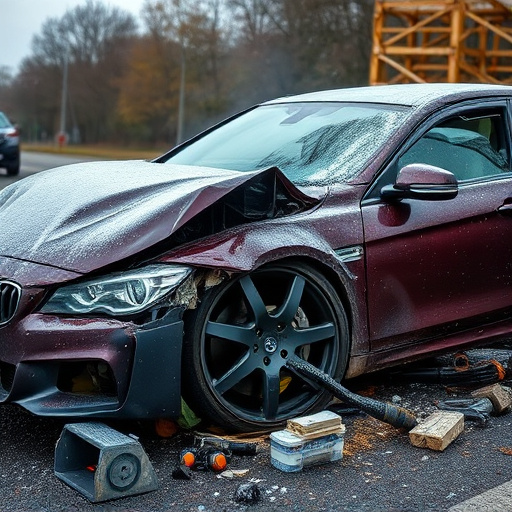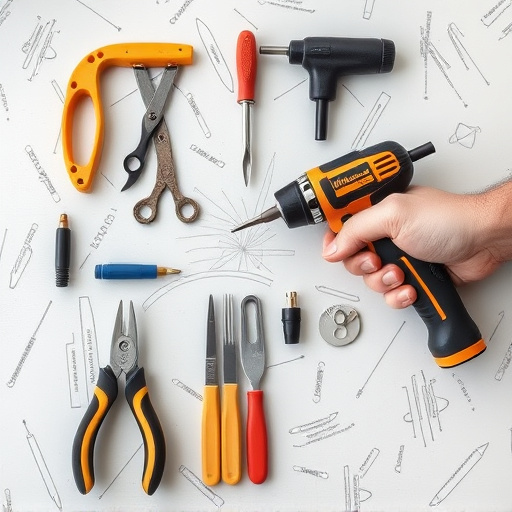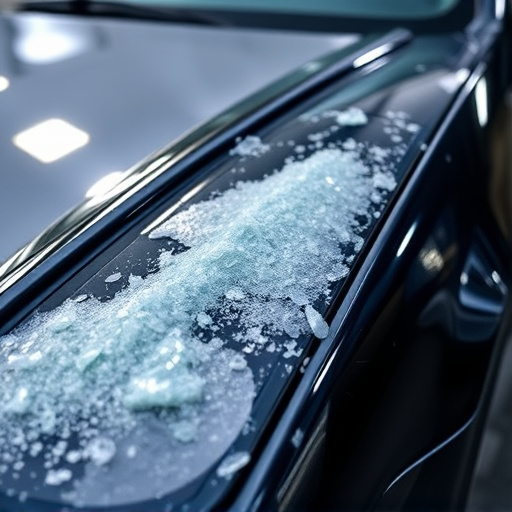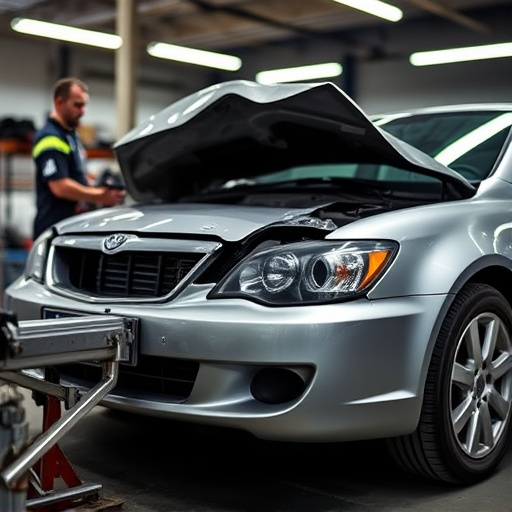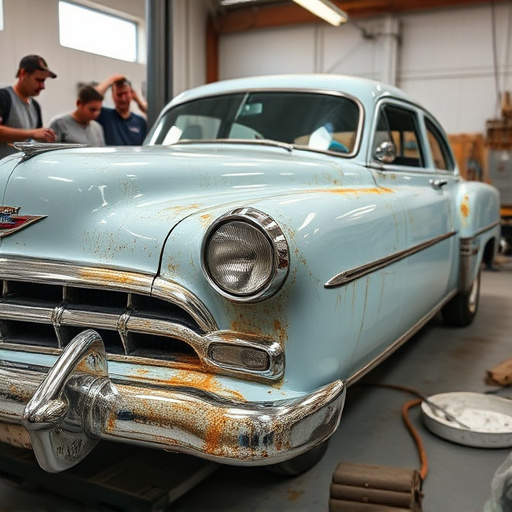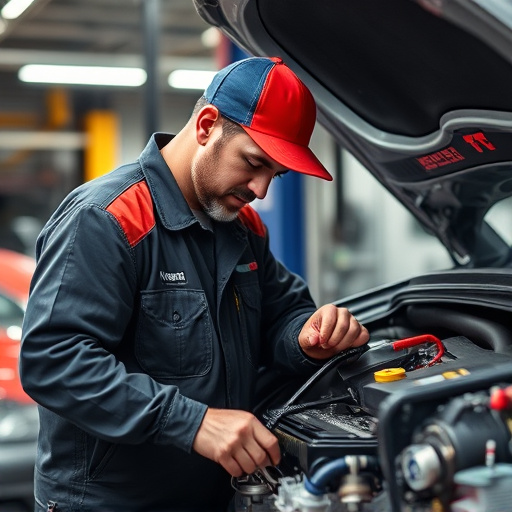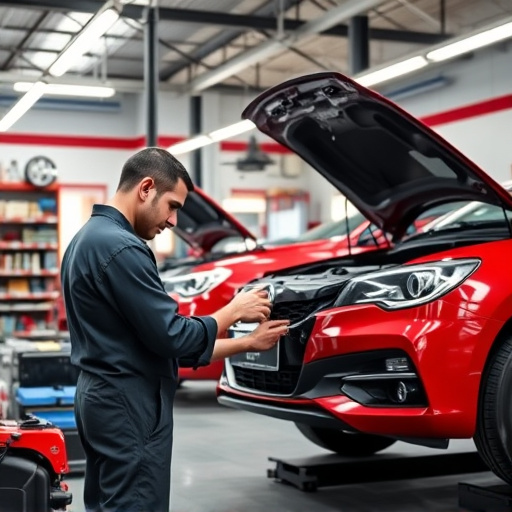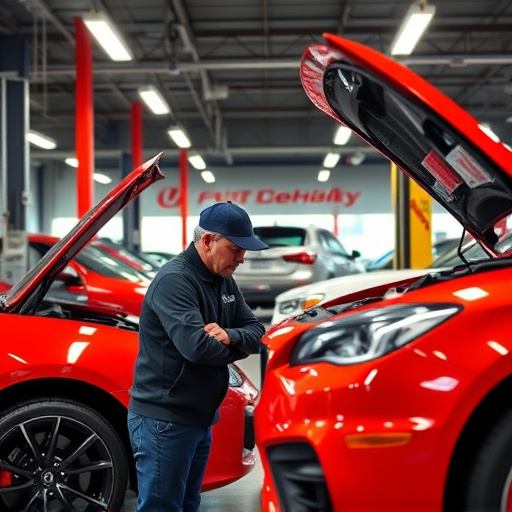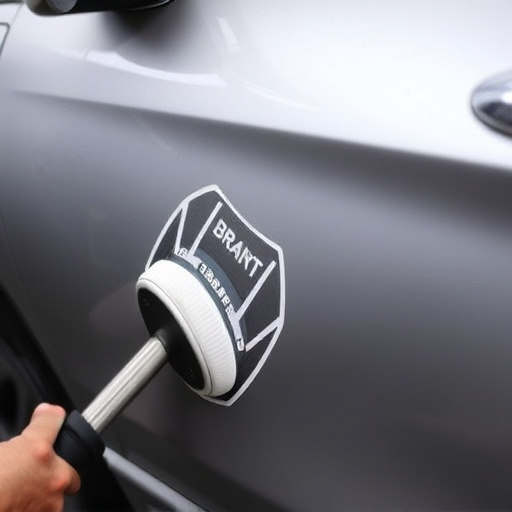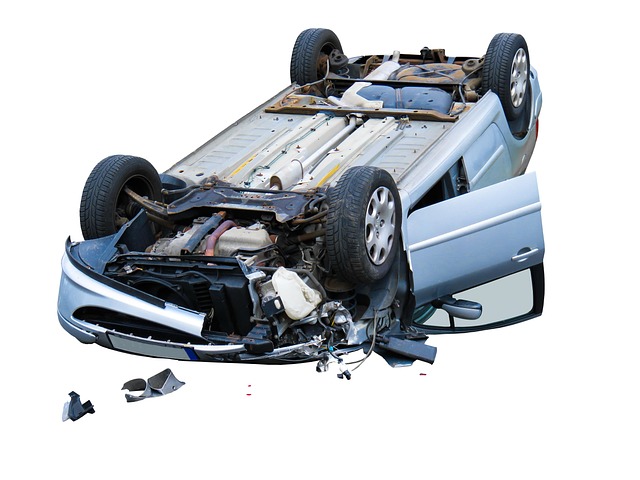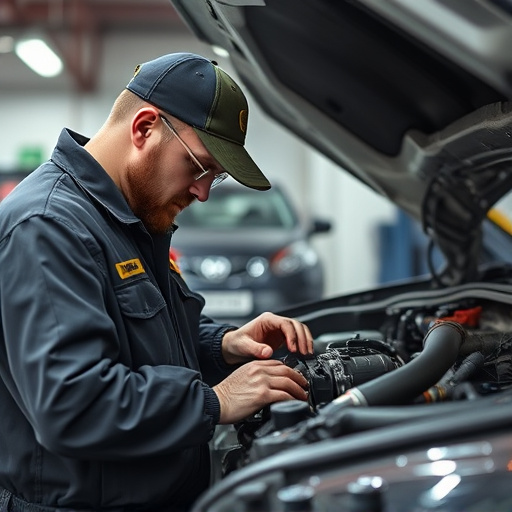Diminished value after repair refers to the loss in a vehicle's market value due to repairs, visible marks, or changes in aesthetics. Assessors must consider pre- and post-repair conditions, market trends, and consumer preferences to determine accurate values. Disputes arise from poor quality repairs, pre-accident damage severity, and unskilled technicians. Vehicle owners should review contracts, assess post-repair condition, consult car valuation experts, and seek advice from consumer protection agencies or legal professionals for fair compensation.
In the intricate dance between consumers and auto repair services, a delicate issue often arises: diminished value after repairs. This phenomenon, where vehicles lose market worth following restoration, can be contentious. This article delves into the complex world of diminished value after repairs, shedding light on common causes and exploring rights and recourse for car owners. Understanding these real-case scenarios is crucial for both parties to navigate disputes effectively.
- Understanding Diminished Value After Repairs
- Common Causes of Post-Repair Depreciation
- Navigating Disputes: Rights and Recourse
Understanding Diminished Value After Repairs
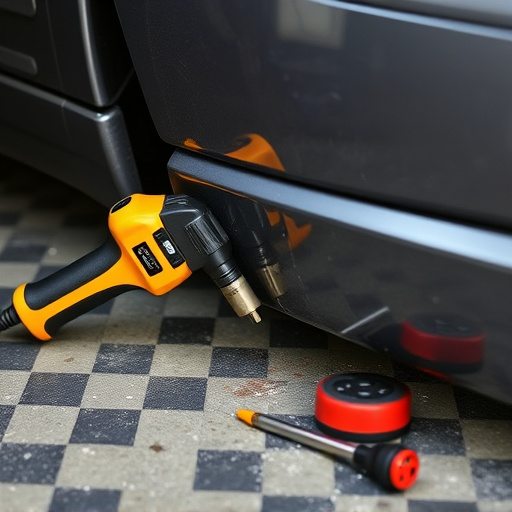
When a vehicle undergoes repairs, whether for a minor scratch repair or a significant car dent removal, it’s crucial to consider the potential impact on its overall value. Diminished value after repair refers to the loss in market value that a vehicle experiences as a result of the repair process itself. This can occur due to various reasons, such as the visibility of the repair marks, changes in the vehicle’s aesthetics, or even the perception that the car is no longer in its original condition.
The impact of diminished value after repairs is particularly relevant for those involved in dispute resolution, especially when dealing with insurance claims for scratch repair or vehicle dent removal. Assessors and appraisers must consider not just the cost of the repair but also the potential loss in resale value. This involves understanding the pre-and post-repair condition of the vehicle, as well as market trends and consumer preferences, to accurately determine any diminished value that should be accounted for during settlement negotiations.
Common Causes of Post-Repair Depreciation
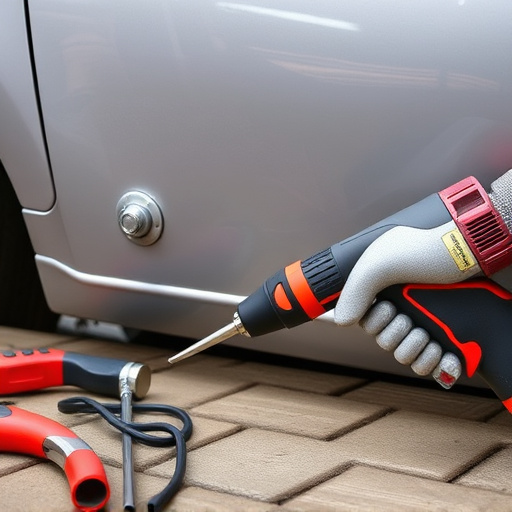
Diminished value after repair disputes often arise due to several common causes. One significant factor is the quality of the repair work itself. Inadequate or subpar repairs can lead to visible differences in a vehicle’s finish, causing it to devalue faster than expected. For instance, improper car paint repair might result in color mismatches or uneven surfaces that detract from the overall aesthetic appeal of the vehicle.
Another major contributor is the type and extent of damage sustained before the repair. Severe damage, especially involving structural integrity or complex mechanical issues, can leave residual effects that impact a vehicle’s value post-repair. Additionally, the reputation and expertise of the collision repair services play a crucial role. Unskilled technicians or poorly managed workshops may not restore a vehicle to its pre-accident condition, thereby reducing its market value.
Navigating Disputes: Rights and Recourse
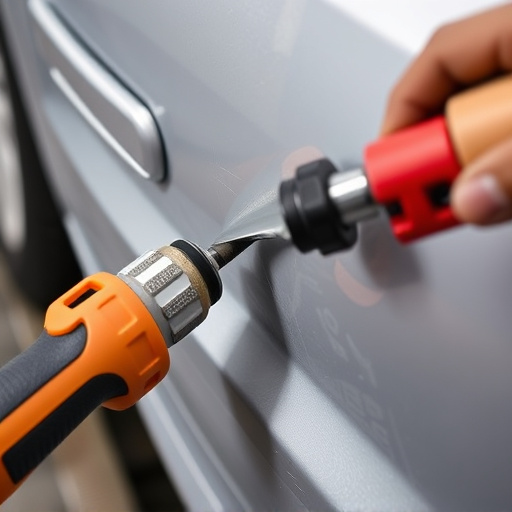
When a vehicle suffers damage that requires repair, whether from an accident or regular wear and tear, owners expect their car to be restored to its pre-incident condition. However, in some cases, the quality of repairs can lead to diminished value after repair, leaving owners with a vehicle worth less than before the fix. Navigating disputes over these issues can seem daunting, but understanding your rights is crucial.
Consumers have recourse when facing diminished value after repair, especially if the work was performed by a body shop or through an insurance claim. Examining contracts, reviewing post-repair assessments, and consulting with experts in car valuations are key steps in gathering evidence to support a claim. Additionally, seeking advice from consumer protection agencies or legal professionals who specialize in automotive disputes can provide guidance tailored to specific circumstances, ensuring that owners have the best chance of achieving fair compensation for their vehicle’s reduced value.
After repairs, it’s not uncommon for vehicles to experience a decrease in their overall value. Understanding the causes of this diminished value and knowing your rights during disputes is essential for car owners. By recognizing common issues like misaligned painting or subpar workmanship, you can take proactive measures to mitigate potential losses. If a dispute arises, navigating the process informed and aware of your options empowers you to advocate for fair compensation. Remember, being vigilant and educated about diminished value after repair claims can make all the difference in protecting your investment.
